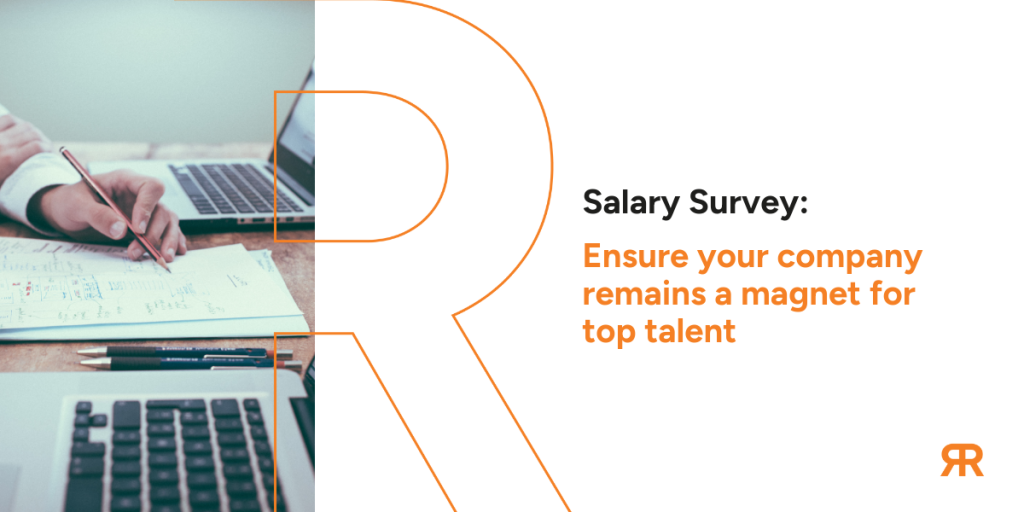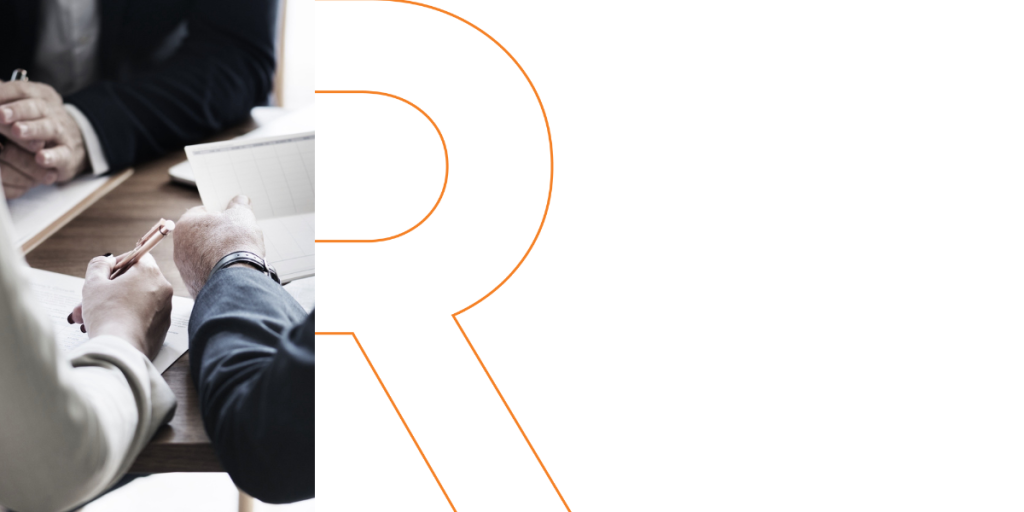
The Two Sides of Customer Analytics
Many will remember the Cambridge Analytica scandal and how the organisation had harvested Facebook users’ data to…
Many will remember the Cambridge Analytica scandal and how the organisation had harvested Facebook users’ data to then target them with political messages and misinformation. Was the issue of concern and outrage that they were able to profile people in such a widespread manner, or was it the subsequent marketing campaigns that then influenced an election?
Can algorithms that trawl through data and behaviours ever be used for good?
For the Water & Electricity utilities in Australia, this is the fine line they are treading. Water, in particular, is a classified as an ‘essential good’ and utilities across all of Australia are trying “to do good and do well” at the same time. Part of this vision is shifting to a more customer-centric approach, and to borrow QUU’s terminology “to ensure every decision they make is considered through the lens of the customer.” At the same time, utilities are rapidly developing their understanding of and policies towards vulnerability and hardship. Under the Retail Law, all retailers must develop, maintain and implement customer hardship policies for their residential customers. For the utilities, this means much more than just working with customers who are experiencing financial and payment difficulties. And so, this must be a good thing then surely – we, as the customer, are being put first and our preferences and abilities are being factored in to the decisions our local water or electricity company make.
But this is where the algorithm and the potentially thorny ethical issues come in.
In information science terminology, profiling refers to the process of the construction and application of user profiles as generated by computerised data analysis. Algorithms can discover patterns or correlations in data and once this data is categorised to a person, it is known as a profile.
How can Utilities safely and openly measure customer behaviours and data to identify hardship earlier in the process and play a role of support rather than old-fashioned ‘bill enforcer’? Profiling technologies have raised a host of ethical, legal and other issues including privacy, equality, due process, security and liability.
Profiling technologies allow utilities to measure a range of customer and external market data – such as property prices, inflation rates, mortgage rates – to offer a far-reaching monitoring of a customer’s current and future well-being. Profiling technologies, however, are by their nature discriminatory tools that allow social sorting and unfair segmentation. For the water and electricity companies, it could allow them to treat customers based on their credit profiles.
Without doubt, it is in the interest of all utilities to get better at supporting and rehabilitating customers. Profiling can not only act as an early-warning system towards vulnerability and hardship, but it can also help utilities offer the most appropriate tariff or payment scheme. This is where the utilities can “do good”. By using the profile data, utilities can also target customers about pre-payment and re-payment plans, they can promote certain tariffs and other options such as smart meters. This is where they can “do well.:
In order to deliver these new visions, for example, with SA Water, who are looking to provide ‘world class water services for a better life’, organisations will need to listen to and learn from their customers. However, more often than not, some or all of this listening and profiling might well be done without their individual consent and without them noticing.
Matthew Woodall is an Energy & Utilities Search specialist with over 20 years’ in the industry. For further insights and regular industry updates, please connect with him on LinkedIn.
Related Blogs
Salary Survey: Ensure your company remains a magnet for top talent
In today’s dynamic business landscape, staying competitive in the job market is essential. It is imperative to ensure that your employees are not only fairly compensated but also that your…
The Pro IQ Interview Series: Critical Minerals Association Australia, Namali Mackay
Our latest feature in the Pro IQ Interview Series is a conversation with one of the Founders and Managing Director of the Critical Minerals Association Australia, Namali Mackay. Here she describes…
Unleashing Potential: The Significance of Assessing Candidates’ Behavioural Competencies
In today’s fiercely competitive job market, executive search consultants face the challenging task of identifying individuals who not only possess the right skills and qualifications but also demonstrate the essential…
Who are your most irreplaceable employees?
Who are your most irreplaceable employees? – the Importance of Organisational Network Analysis In today’s fast-paced business world, retaining key employees is a top priority for organisations. But, while…




